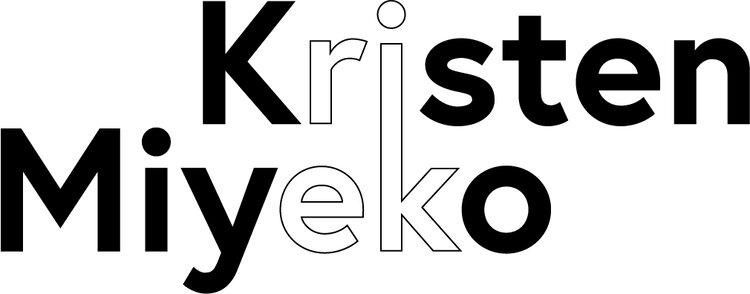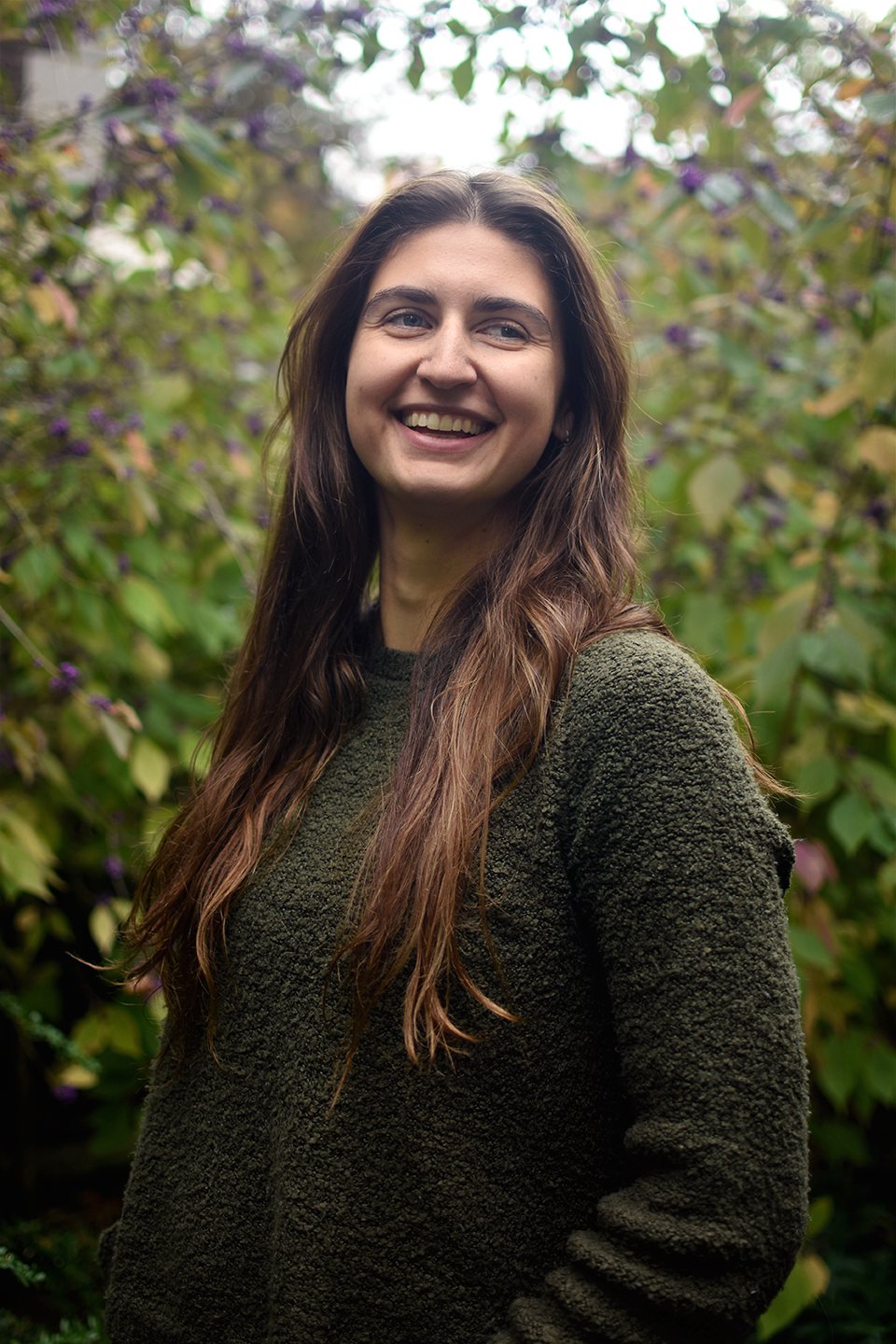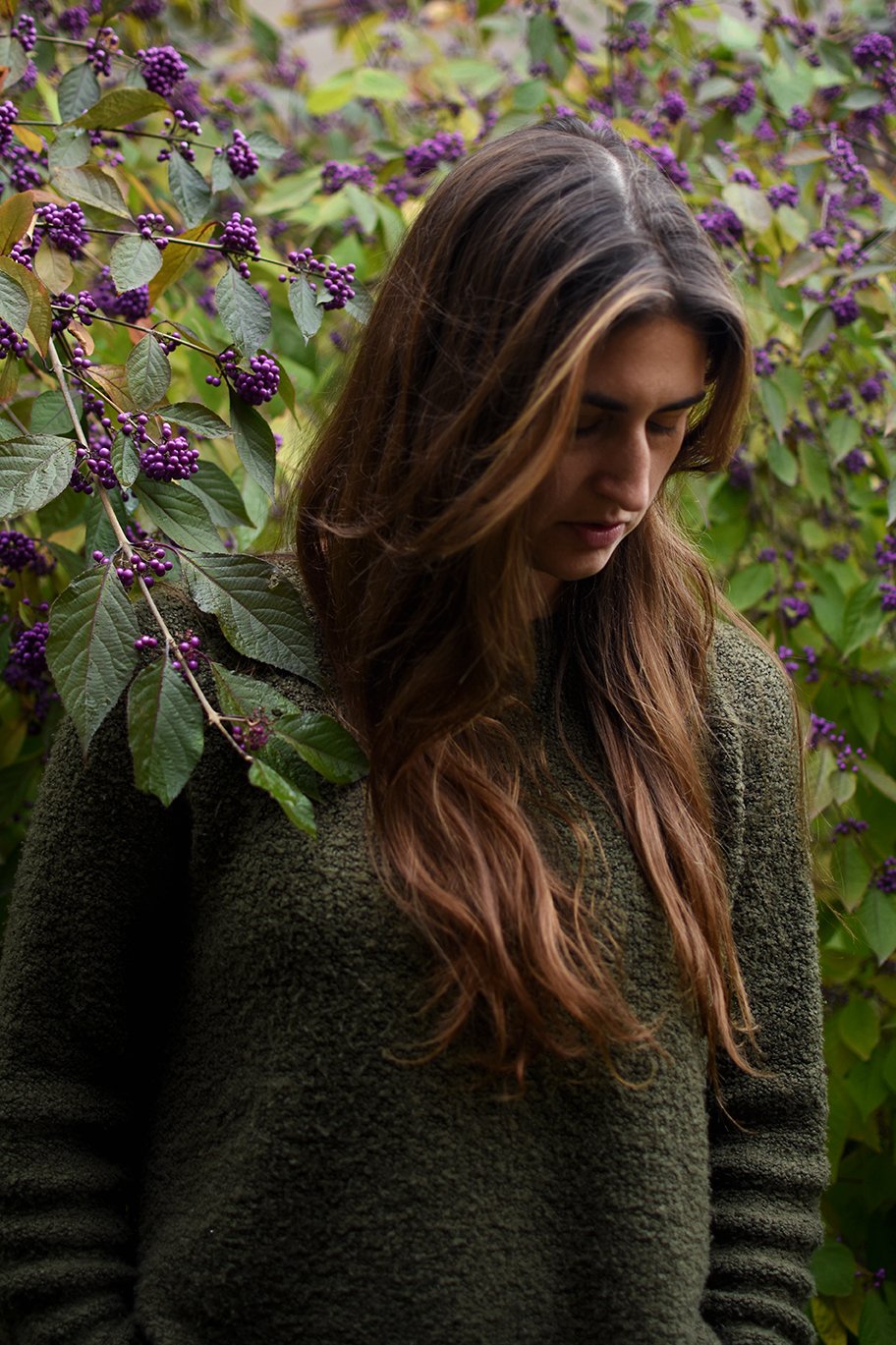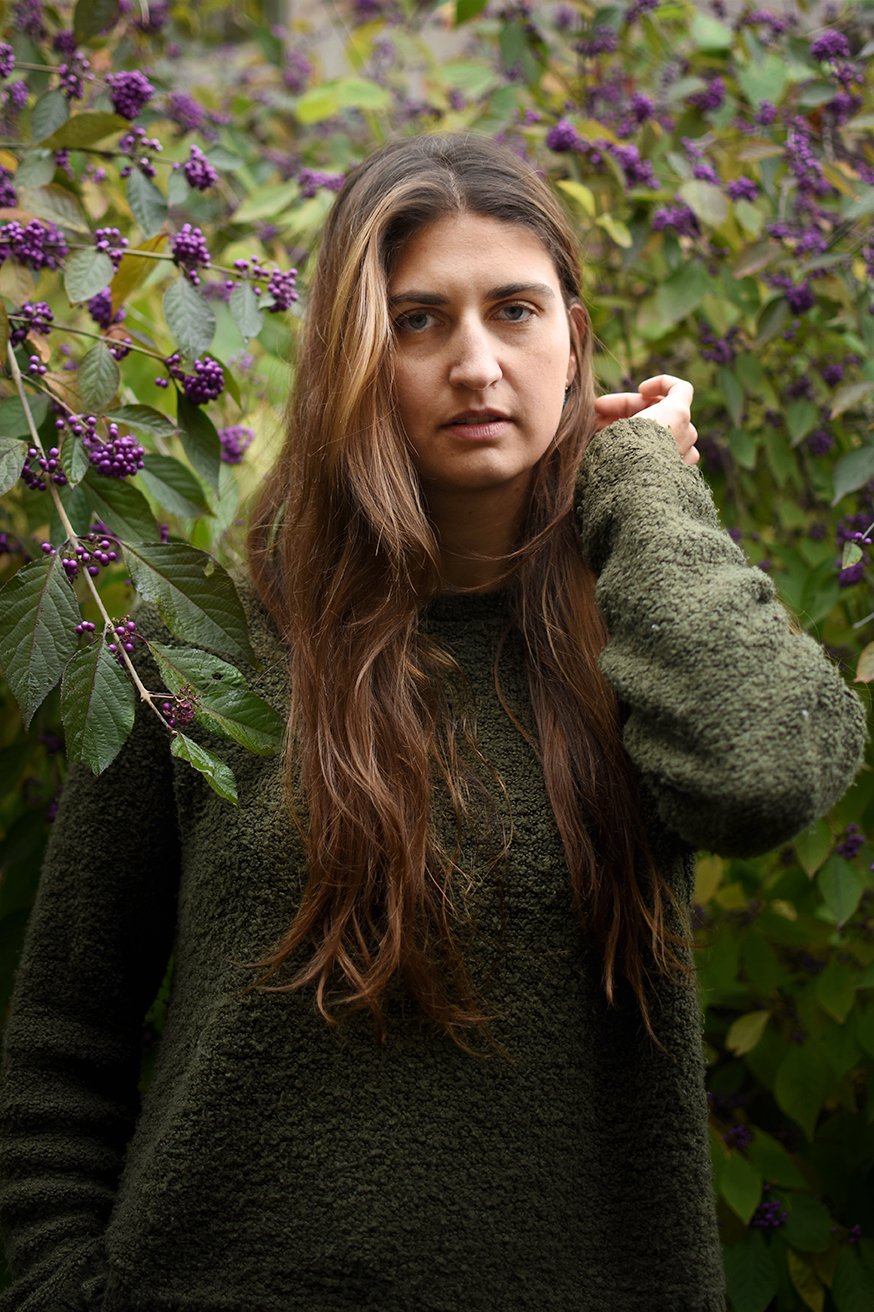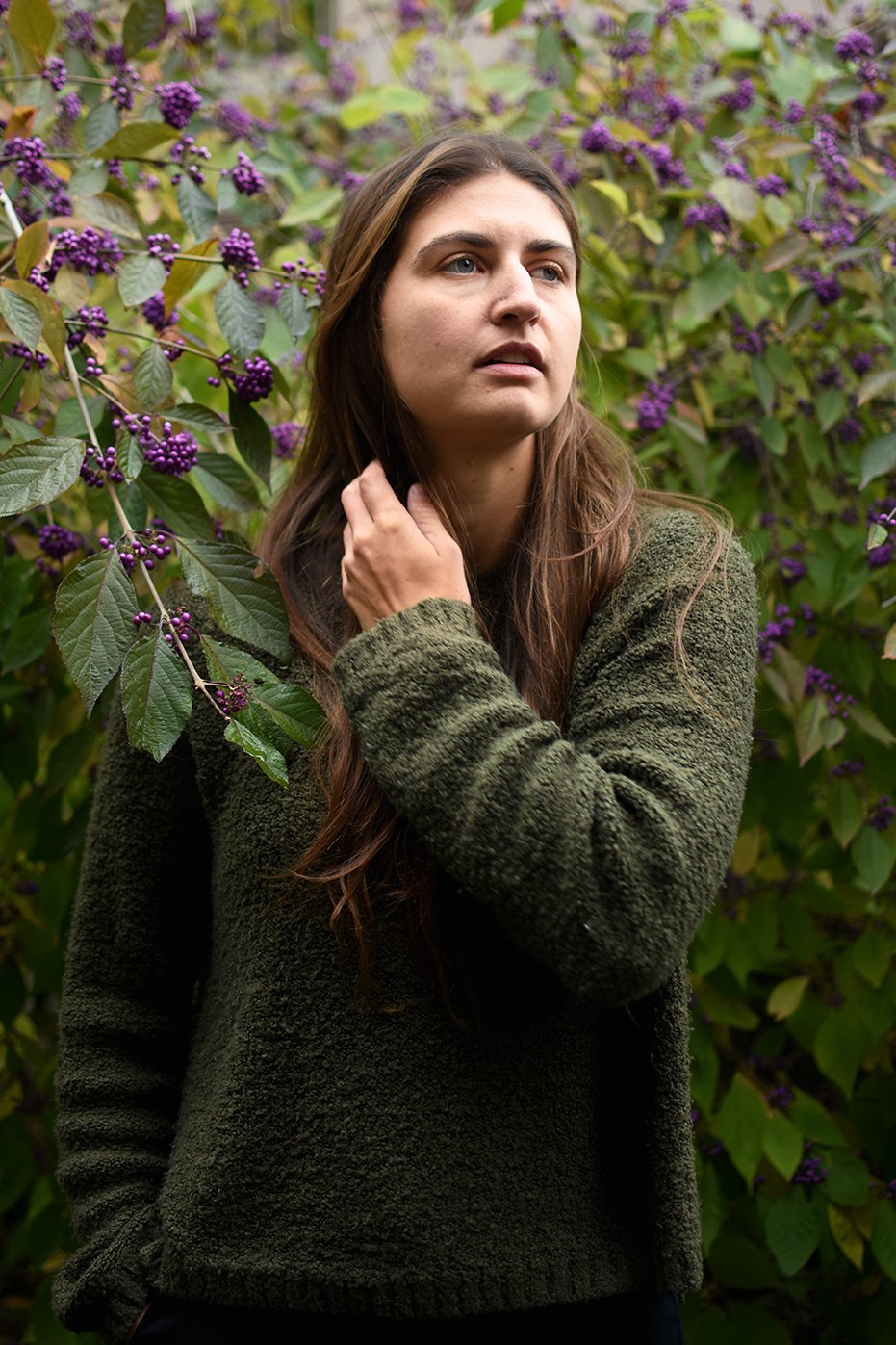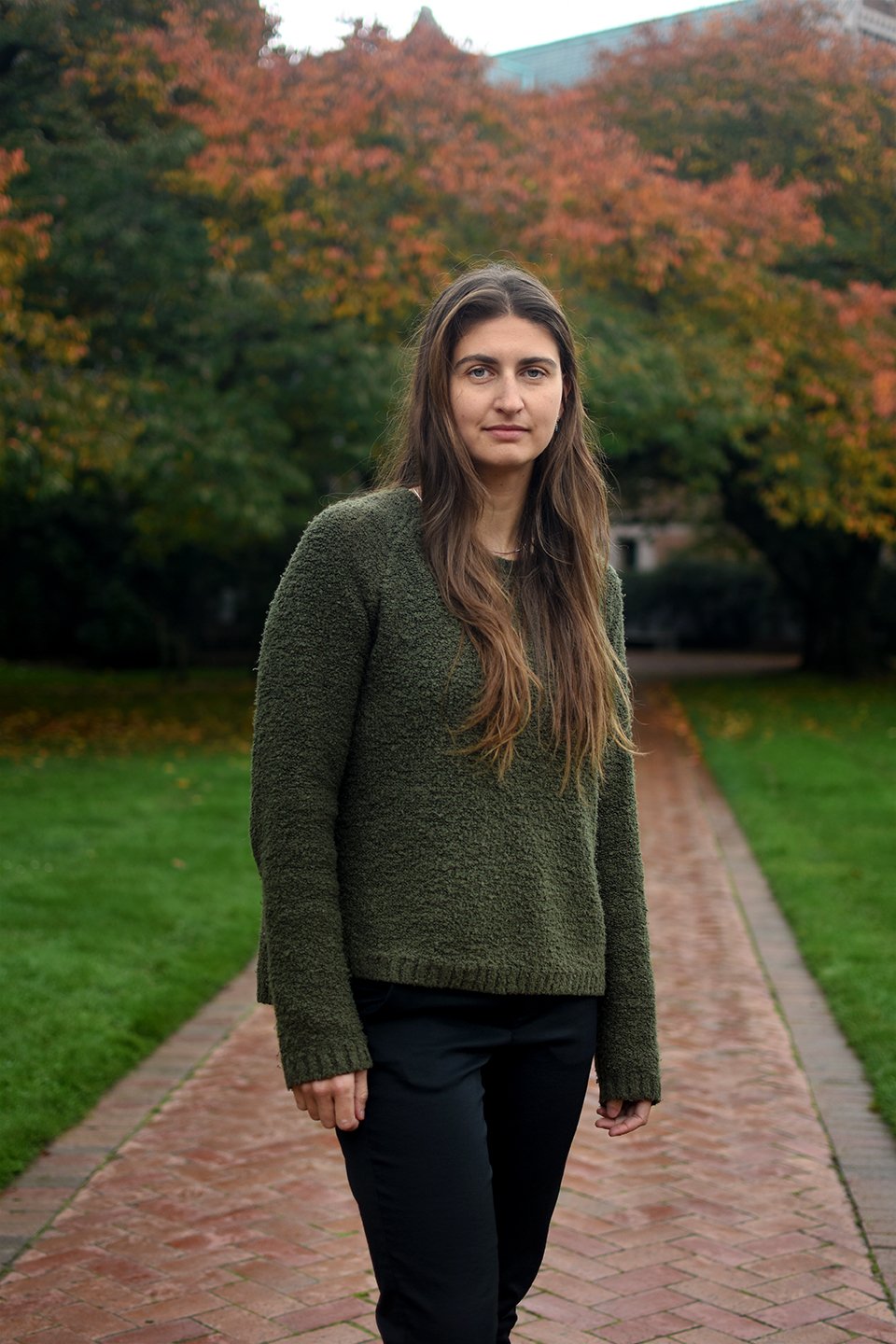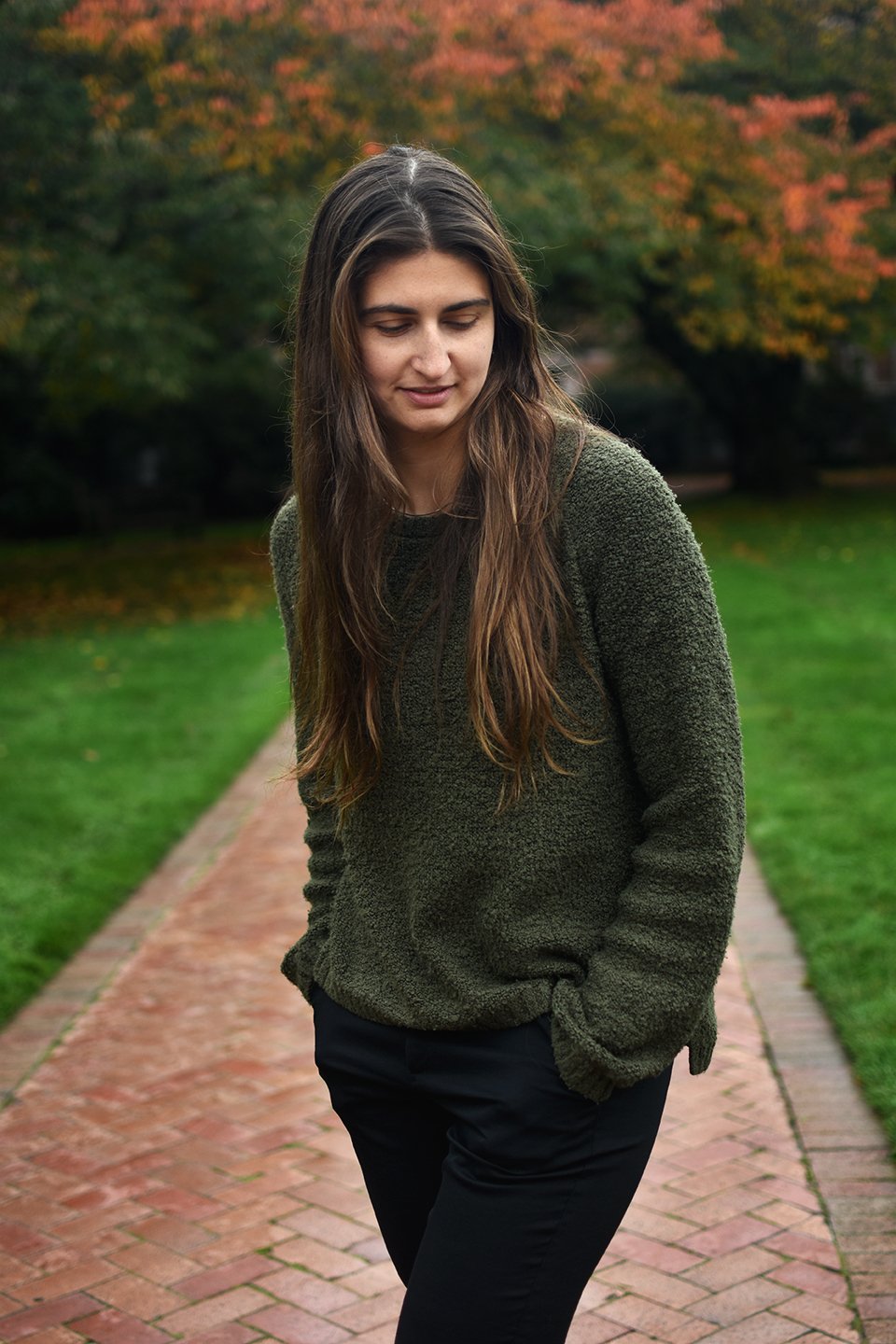How does your culture shape your perception of strength? My ethnicity plays a big role in shaping my perception of strength. Much of this comes from my relationship with my great-grandparents. When I was a teenager, Papken, my great-grandfather, told me the story of how he survived death marches as a child by eating plants and becoming a slave to nomadic communities before escaping to an orphanage in Istanbul. Despite this harrowing experience, Papken's definition of strength has a collective bend. He encouraged me to think of strength as having, and most importantly, enjoying a modest and comfortable life that is rich with joy and a community of very good people. As a result, it's very important to me that I derive true joy and happiness from building my community, engaging in my work, and carving out my space in the world.
How can you be strong and vulnerable? One of my childhood friends, Gina, developed an aggressive type of leukemia in her early 20s. She endured the seemingly endless and crushing cycle of relapse and remission for several years. Her friends, partner, and family coalesced around her, providing support and community when she needed it most. However, something surprising happened amidst this warm bubble of support and care. Some of her friends disappeared. They didn't call. They didn't text. They didn't show up to the hospital. I was furious on her behalf. How could someone vanish into thin air when their friend is suffering? Gina, who often swore like a sailor and was quick to shout at cars in traffic, demonstrated a steely sense of calm. When I asked, she simply shrugged it off and said, "They can't deal with my sickness right now so that's on them." Gina showed me a new kind of strength that centered on forgiveness, even under arguably unforgiveable circumstances. Now, her influence remains imprinted on my as a way to simultaneously hold strength and vulnerability.
How do you encourage other women to be strong? My father is a highly principled person. He taught me that the tension resulting from compromising on my values isn't worth any short-term reward. So, in order to be strong, I want to encourage people to eradicate any internalized pressures to be likable. In this day and age (and I hope this continues to change), expressions of femininity are often met with implicit expectations to be palatable and accommodating. While these are certainly valuable skills, I believe it's important to get comfortable with the idea of being disliked for reasons that we stand for.
What advice would you give to the next generation of strong women? To balance my comment on avoiding compromising on values, I would give the following advice: rectify and forgive your mistakes. For a long time, I thought that being strong meant being so disciplined I never slipped up. Know that you will make mistakes, and that's okay. What matters is that you minimize the negative effects, apologize, clean up your mess if you made one, and forgive yourself.
Amélie’s Intentional Act of Kindness
How did you use the $100? I donated to the Refugee Artisan Initiative (refugeearts.org). RAI was founded by Ming-Ming Tung-Edelman, an immigrant from Taiwan, who was inspired by her grandmother's skill at sewing. Ming-Ming was driven to support refugee and immigrant women to achieve financial independence in the US, hence RAI was born. Financial independence is the foundation for having career options and lifestyle choices. Having it allows us to set boundaries and make smart decisions about our health and the well-being of our loved ones. Not having it makes us vulnerable to unhealthy power dynamics at work and home. As an American, I know how meaningful it is to have financial independence in the US. I'm impressed with the work that RAI does for those who don't yet have the privilege and cultural context they need to find their footing here. I decided to donate to RAI because I support its mission of creating a prosperous transition environment for refugee and immigrant women here in Washington.
What was the 'Intentional Act of Kindness' process like for you? It was wonderful to take some time to reflect on where I wanted to put my $100. I found myself reflecting on what is meaningful to people across a spectrum of life experiences, and how I wanted to deliver this contribution of mine.
